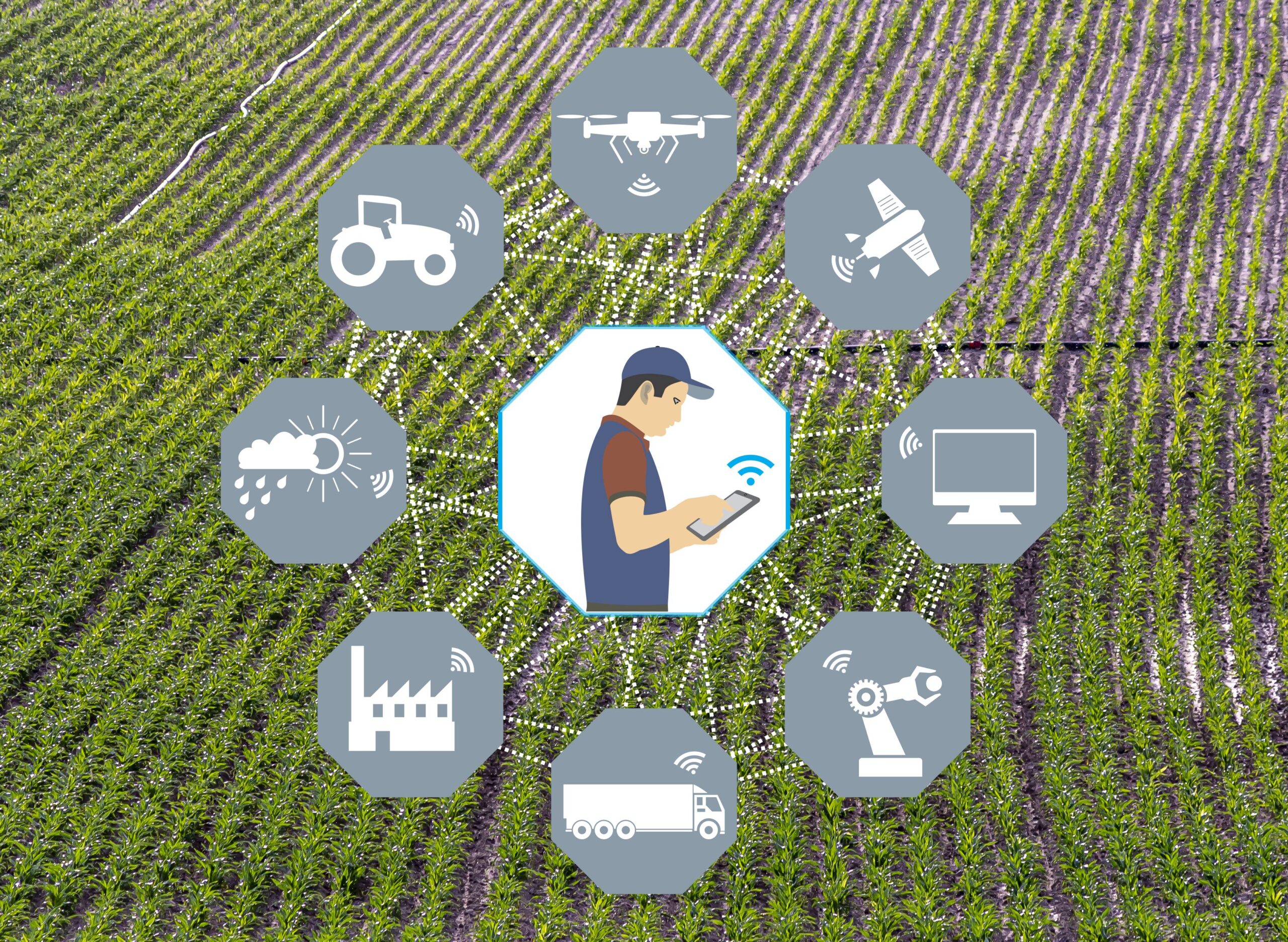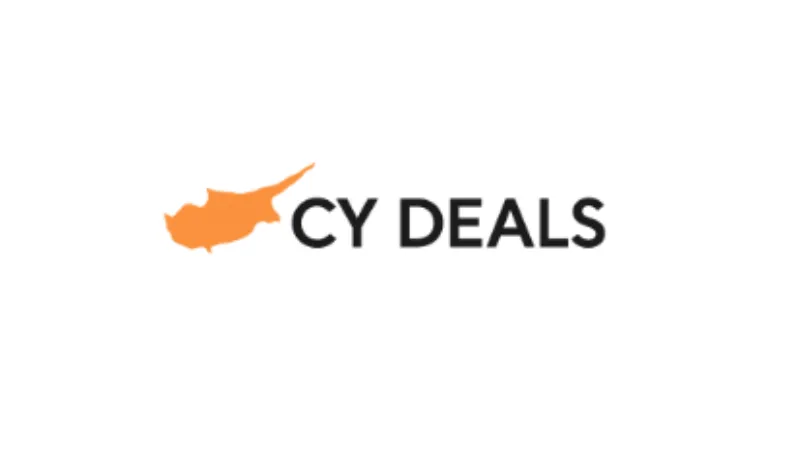Lessons Learned From Draven McConville’s Journey From Homelessness To Startup Exit
Nov 5, 2025 | By Team SR

No two entrepreneurial journeys are the same, but some start in the most unlikely of circumstances. For Draven McConville, it all began with just £200 and a bus ticket after a period of being homeless as a teenager in Belfast during The Troubles, a situation about as far from ideal as you can get. His is a story that offers valuable lessons for founders at every stage, from surviving the early days to scaling his job management software Klipboard and eventually achieving an exit.
1. Resilience is Your Greatest Asset
McConville's early experience with homelessness shaped his entire approach to entrepreneurship. "Being homeless taught me the importance of resilience and self-development. You need to stay humble and never forget the lessons learned along the way." This resilience proved critical throughout his journey.
"I've always believed that the single most important key to success in entrepreneurship is resilience," McConville says. "I have gone through the recovery from the 2008 crash, Brexit, COVID, and at every point during those periods I had to tap into my resilience and push forward. Always keep moving forward."
2. Growth is a Marathon, Not a Sprint
One of McConville's most valuable insights came from learning patience.
"In the early days of Klipboard, I was driven by an intense desire to make rapid strides and scale quickly," he admits. "Like many founders, I equated fast growth with success, assuming that the quicker we moved, the sooner we'd reach our goals."
Over time, he learned a different approach: "Sustainable growth happens when you take time to create a product or service that genuinely meets customer needs. For Klipboard, that meant focusing on delivering consistent value for field service businesses, even if it meant saying no to some tempting opportunities. Quality is what builds trust and long-term success."
This patience paid off. Klipboard grew to serve customers ranging from FTSE-listed companies to SMEs across multiple industries, building a reputation for reliability and effectiveness that couldn't have been rushed.
3. Choose Your Investors Carefully
McConville learned that securing funding is about more than just capital.
"Founders should carefully select their investors. Look beyond the capital and consider the additional value an investor can bring to the table." What does that mean? Find out about their network, industry expertise, and ability to open doors for recruitment and revenue generation. Ask questions about their business too. What stage are they at in deploying capital? Who are their portfolio companies? Will they provide follow-on capital?
Speaking about today’s funding environment, McConville says there is still an appetite for investment in businesses that can demonstrate strong fundamentals and the ability to scale sustainably such as those with compounding revenue models. “The right investors become partners in growth, not just sources of cash.”
4. Build a Transparent Culture
"I believe in building a transparent and accountable culture," he says. "You need open communication and accountability at all levels." This meant surrounding himself with people who would challenge him.
Culture isn't just about perks or ping pong tables. Think about how teams communicate internally and externally, make decisions, and hold each other accountable.
5. People Buy From People
McConville is big on the human element of building a business. "Sell the vision to investors, employees, and customers. People buy from people, and the ability to inspire and build trust is crucial for success."
This extends to understanding customer needs. "Focus on building relationships and credibility.Understand your customers' needs and build products that address those needs, rather than chasing the latest trends or features."
6. Collaboration Drives Success
For McConville, collaboration has been rocket fuel for growth. "Over the years, I've learned that the best ideas, the biggest breakthroughs, and the most effective creations come from diverse minds coming together to solve problems and build something bigger than themselves."
He credits this collaborative approach with Klipboard's success. "Without my team's daily approach to collaborating we would simply not have achieved the vision we had set for ourselves."
7. Prioritise Mental Wellbeing
Perhaps unexpectedly for a founder focused on growth, McConville learned the importance of mental health.
"Growth requires a balanced mind. The startup world can be all-consuming. Long hours, tough decisions, and constant challenges are par for the course, but without mental resilience, it's easy to burn out." He learned this "often the hard way, that taking care of my mental health wasn't just a personal priority; it directly impacted my leadership and my team."
His advice to other founders: "Building resilience doesn't mean ignoring stress but addressing it head on and providing tools for balance." A healthy team is a productive team.
8. Embrace a Growth Mindset
McConville is a strong advocate for the growth mindset and sticks to several key principles:
- Challenges as Opportunities. "With a growth mindset, challenges are where real growth happens. Dig into them and explore. Blockers are an opportunity to rethink, innovate, and come back stronger."
- The Power of Yet. "A fixed mindset says, 'I can't.' A growth mindset says, 'I can't… yet.' That single word, 'yet,' shifts how we approach our potential."
- Feedback as Fuel. "Honest feedback, whether from customers, team members, or mentors, has been invaluable in helping me continuously improve and evolve my businesses over the years."
9. Communication is Everything
"None of this works without solid communication," he says. "Whether you're pitching your first big idea or rallying a team behind you, it’s your ability to communicate clearly and confidently that will make all the difference."
For McConville, communication is about more than talking: "It’s about listening and connecting with others."
10. Stay Focused on Your Vision
Distractions are everywhere in startups, and for McConville, the key is knowing when to say no.
"For us, that meant constantly returning to our vision of helping field service businesses operate more efficiently and deliver exceptional service," he says. "Your vision is your compass and it’s what keeps you moving forward with purpose."


 Follow us
Follow us Follow us
Follow us














